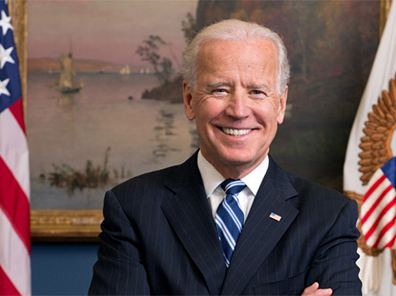
Does the Biden administration really want to use available, non-enforcement tools to discourage the flood of illegal aliens at the southern border?
I’m not talking about something as normal as deporting those who violate our immigration laws; I am not discussing enforcement of any kind. My focus is on the mildest of enticements to, quite indirectly, lessen the pressure; I am talking about a scheme that would not cost the taxpayers a dime.
The subject is the Department of Homeland Security’s earlier posture that U.S. employers of H-2B workers (a non-skilled, non-ag, labor force), had to — if they wanted still more foreign workers — recruit them in El Salvador, Guatemala, or Honduras. These employers (who presumably have little interest in hiring from America’s vast pool of unemployed, unskilled workers) had 6,000 slots set aside for them. There are hundreds if not thousands of H-2B workers hired from these Northern Triangle nations routinely — it was not that the employers were asked to use an exotic group, such as, say, the Burmese.
But reading between the lines in a DHS press release, we find that there must be some resistance from the H-2B employers as this fine print indicates:
The final date for filing petitions requesting Northern Triangle nationals who are exempt from the returning worker requirement is July 8, 2021. If fewer than 6,000 beneficiaries are requested toward the visas set aside for nationals of the Northern Triangle countries, we will announce by July 23, 2021, that the remaining visa numbers will be made available to beneficiaries regardless of nationality, subject to the returning worker limitation.
The complex ceilings in this program give employers special breaks if they hire aliens who have worked in the H-2B program in the recent past.
In other words, if employers wait long enough, they need not confine their requests to Northern Triangle workers, and thus the preference for them will lapse.
This will make some users of foreign workers happy, while undermining a small but beneficial effort to divert Central Americans from illegal to temporary legal migration.
Another quiet victory for the all-powerful employers of foreign labor, and a defeat for the rest of us.
